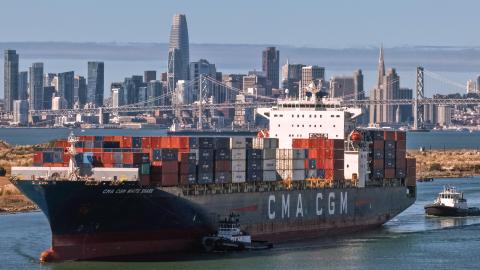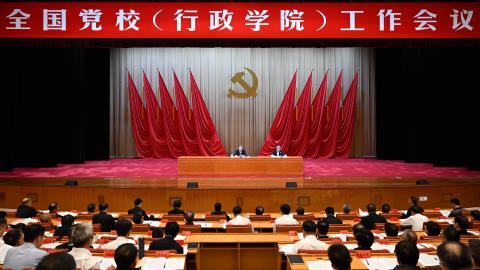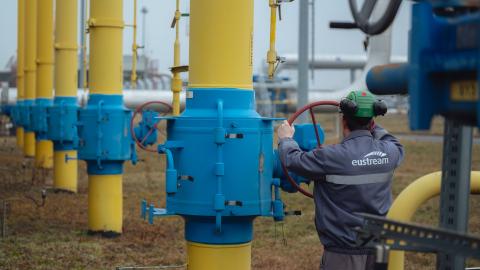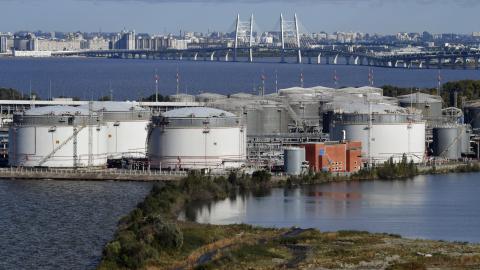Last week, Director of National Intelligence (DNI) Dennis Blair presented the Annual Threat Assessment of the U.S. Intelligence Community to lawmakers on Capitol Hill. While the report notes that Venezuela is struggling to deal with the post-2008 drop in oil prices and with production declines, it also outlines a variety of ways in which Hugo Chávez remains a very real threat to U.S. interests in Latin America and beyond.
Start with Iran. The mullahs have identified oil-rich Venezuela as a potential shield against the impact of international energy sanctions. Even if the U.S. and other Western powers further restricted Irans access to gasoline, Venezuela (and China) could help soften the blow. As U.S. policymakers evaluate the effectiveness of gasoline sanctions, they must remember that Tehran and Caracas have formed an increasingly close alliance. This past June, after Irans stolen election, while government thugs were murdering student demonstrators in the streets, Chávez congratulated Iranian president Mahmoud Ahmadinejad on his very big and important victory.
The Venezuelan leader has also upgraded ties with Vladimir Putins Russia. Over the past five years, says the DNI report, Venezuela has purchased more than $6 billion in weapons from Moscow, including 24 SU30MK multi-role fighters, along with helicopters, tanks, armored personnel carriers, air defenses missiles, and small arms. The magnitude of Venezuela's military buildup has raised serious worries elsewhere in South America, and it risks fueling a regional arms race. Neighboring Colombia is especially alarmed, given Chávez's bellicose statements about the possibility of war and his support for the Revolutionary Armed Forces of Colombia (FARC). According to the DNI report, Venezuela is still covertly aiding the FARC terrorists, despite a series of embarrassing revelations over the past two years.
While Chávez has been weakened by Venezuela's mounting domestic woes, and while his regional influence may have peaked, he remains a menace to democracies throughout the hemisphere. Indeed, the radical governments in Venezuela, Bolivia, Cuba, Ecuador, and Nicaragua--which are all part of Chávez's Bolivarian Alternative for the Americas (ALBA)--are likely to oppose nearly every U.S. policy initiative in the region, including the expansion of free trade, counter drug and counterterrorism cooperation, military training, and security initiatives, and even U.S. assistance programs.
For example, both Bolivia and Ecuador have significantly reduced their cooperation with U.S.-led anti-drug efforts. They have also strengthened their relations with Iran. So has Nicaragua, which is led by corrupt Sandinista boss Daniel Ortega. That so many ALBA members are rushing to embrace the worlds leading terror sponsor is cause for concern.
To review: An oil-rich country--among the largest economies in Latin America--has established a growing alliance with Iran, has successfully encouraged its regional allies to do the same, has bought more than $6 billion worth of arms from authoritarian Russia in just the last five years, and is supporting one of the hemispheres deadliest terrorist outfits. That makes Venezuela a continuingand substantialthreat to U.S. strategic interests, regardless of Chávez's problems at home.










